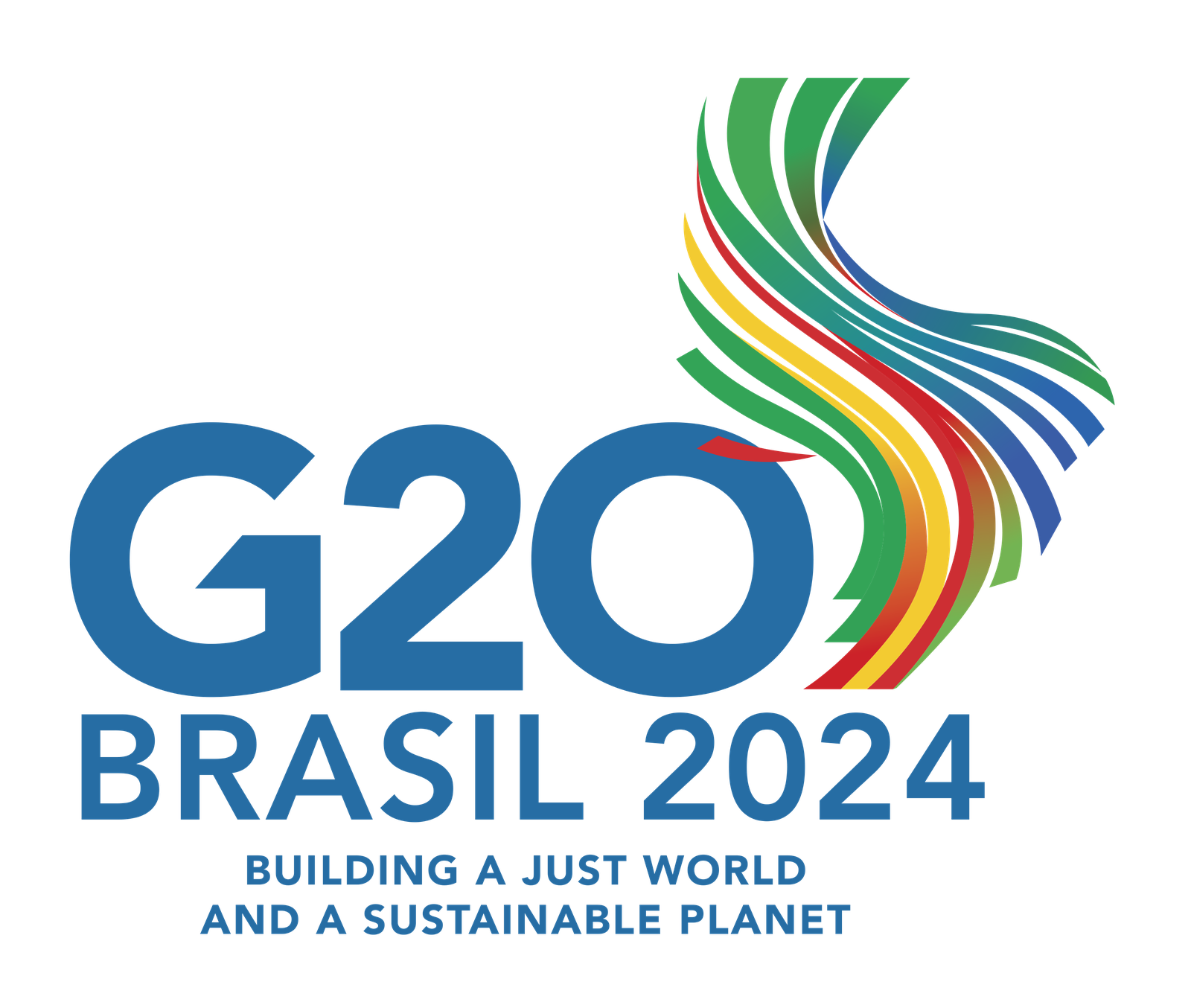
Temporary home of the Global Governance Program
based at the University of Toronto

 |
Temporary home of the Global Governance Program
|
 |

Leadership of Brazil in the G20 and the IDB in Development Bank: A Unique Opportunity
December 1, 2023
Brazil's assumption of the presidency of the G20, which brings together the world's twenty largest economies, is coinciding with the leadership of the Inter-American Development Bank (IDB) of the group of multilateral and regional development banks (MDBs and RDBs, respectively). At the last G20 meeting in India, President Luiz Inácio Lula da Silva announced the priorities for Brazil's presidency -- the fight against hunger, poverty and inequality, and sustainable economic, social and environmental development. The coincidence of objectives with those of the IDB offers a unique opportunity for more effective and lasting joint action.
As the leader of the group of MDBs and the BRDs, the IDB, under the presidency of the Brazilian Ilan Goldfajn, will coordinate for one year a group of 12 financial institutions. Together they provide loans for nearly $225 billion (approximately R$1.1 trillion) annually for projects in areas such as infrastructure, social development and the green economy. The group includes the IDB, the World Bank, African, Asian, European, Islamic institutions and the New Development Bank, known as the BRICS bank.
The agenda that the IDB has proposed to the group aims for multilateral banks to act in a more systemic way that is coordinated and efficient, with greater sharing of information and analysis, standardization of tenders and frameworks, and acting jointly in a project or in a coordinated way on multiple projects. This will expand the scale and impact of its financing. To do this, multilateral organizations must evolve, both in their work and the methods used to meet the world's urgent needs.
Furthermore, the reform of the multilateral development banks has the environmental agenda as its highest priority. During COP 28 in Dubai, the IDB announced a commitment to triple financing for projects that address climate change, with the goal of disbursing $150 billion over the next decade on projects with a positive environmental impact. Thus, the IDB is one of the first multilateral banks to respond to the G20 call to intensify environmental efforts.
It is worth mentioning that the IDB's environmental action is already being carried out in partnership with Brazil in the Amazonia Forever program, which has five pillars: fight against deforestation; bioeconomy; focus on people (education, health, and quality employment); sustainable cities, infrastructure and connectivity; and sustainable, low-carbon agriculture, livestock and forestry.
Additionally, the bank partners with the National Bank for Economic and Social Development (BNDES) of Brazil and the Bank of Brazil in the Green Coalition; with the Brazilian Ministry of Agriculture in the Low Carbon Agriculture program, and has created alliances with local governments, such as the Decarboniza Pará program and the Manaus sanitation project.
The link between Brazil and the IDB is historic. Brazil is the IDB's largest client, with more than R$ 100 billion in investments and financing, in addition to technical cooperation, support and alliances.
In mid-November, the IDB, together with the World Bank, assisted the National Treasury in the structuring of green bonds, which allowed Brazil to raise $2 billion from abroad with more favorable conditions than those of countries with a "investment grade". Likewise, a partnership between the Brazilian government and the IDB is enabling the development of financial innovations to ensure investments with sustainable impact, which will provide technical and financial support to the Brazilian G20 presidency.
Source: Official website of Brazil's 2024 G20 presidency
This Information System is provided by the Global Governance Program, |